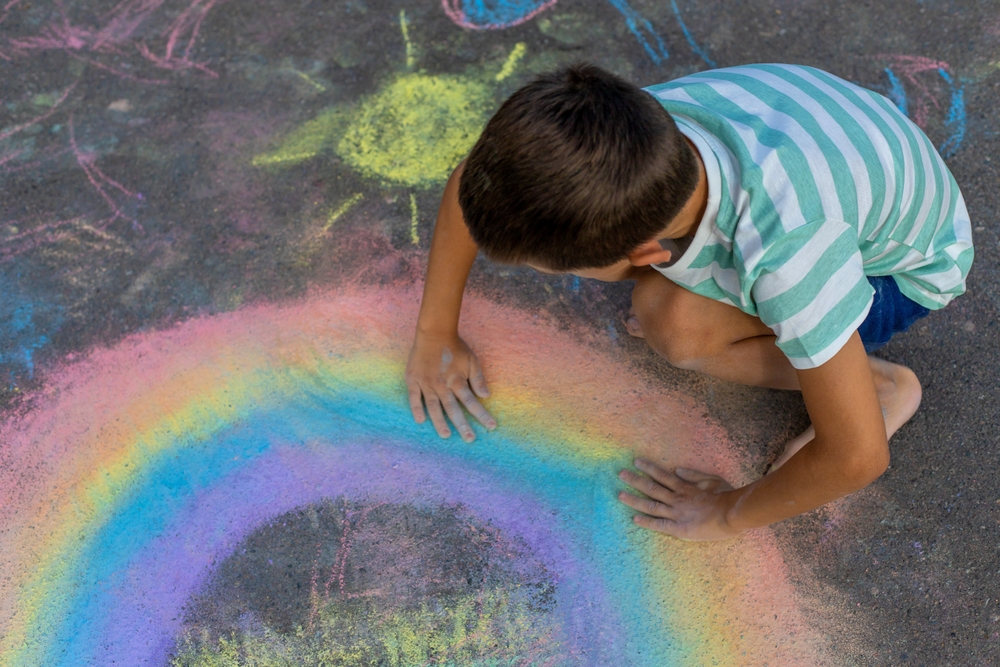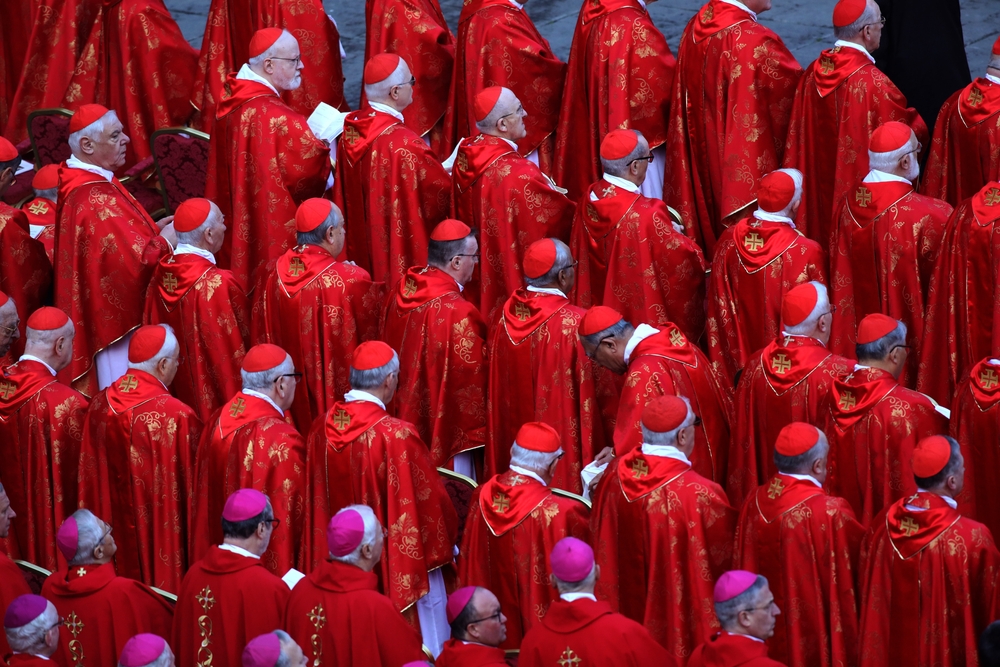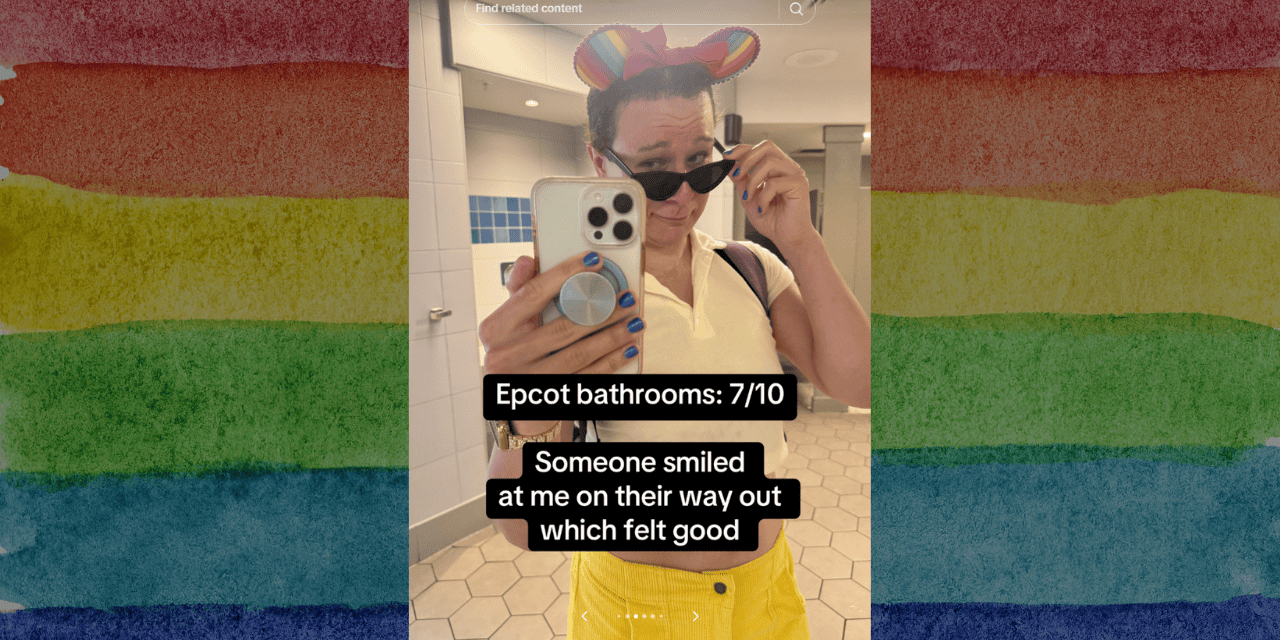An Explainer for Evangelicals: Here’s Where the Catholic Church is Headed on LGBT Issues

Christians who believe in a biblical sexual ethic may be concerned over several stories that have emerged out of the Vatican in recent weeks. Their concerns are not without warrant.
First, the Catholic Church’s recent Synod on Synodality produced a document which asserted that the Church’s teaching on gender identity and sexual orientation may need to be updated. The document stated,
Sometimes the anthropological categories that we have developed are not sufficient to capture the complexity of the elements that emerge from experience or scientific knowledge and require refinement and further study.
Such a statement is indeed troubling. Bishop Robert Barron, a leading American prelate who serves as the bishop of the Diocese of Winona-Rochester and is the founder of the evangelistic organization Word on Fire, participated in the Synod. He recently said he is in “frank disagreement” with that part of the final synodal report.
Second, the Dicastery for the Doctrine of the Faith (DDF), which is the Vatican’s head doctrine office, released a three-page document which affirmed that transgender-identified people can be baptized “under the same conditions as other believers, if there are no situations in which there is a risk of generating public scandal, or disorientation among the faithful.”
Numerous mainstream media outlets ran with this story, publishing headlines like, “Transgender people can be baptized, Vatican says.”
The document also said that a child of a same-sex couple – obtained through adoption or surrogacy – may be baptized if there is a “well-founded hope that a child presented for baptism will be educated in the Catholic faith.”
It failed to explain how – given the church’s clear teaching on the immorality of sex outside of a monogamous heterosexual marriage – there could possibly be a “well-founded hope” for a child of a same-sex couple to be brought up in the Catholic faith. The two certainly do not go together.
The DDF’s document was signed by Cardinal Víctor Manuel Fernández, prefect for the DDF, and approved by Pope Francis.
Third, Pope Francis recently welcomed a group of transgender individuals to the Vatican as guests for lunch to celebrate the Catholic Church’s World Day of the Poor.
For those who affirm biblical beliefs on our culture’s hot button moral issues – including abortion, same-sex marriage, contraception and transgenderism – the Vatican was generally seen as the archetype of stable and clear moral teaching under the pontificates of Pope John Paul II and Pope Benedict XVI (who collectively headed the Catholic Church from 1978 until 2013).
However, confusion and ambiguity seem to have grown under Pope Francis’ leadership.
So, what does this all mean? Has the Catholic Church changed its teaching on LGBT issues? And where is the church headed in the years to come?
The Catholic Church’s Teaching on LGBT Issues Has Not Changed
First, evangelicals should take comfort and know that the Catholic Church has not changed its teaching on LGBT issues.
All three examples cited above – the synodal document, the DDF document and the Vatican’s welcome of transgender individuals – do not change the church’s teaching on sexuality or gender issues.
The synodal document raises the issue of potential changes on the church’s teaching regarding sexuality; it does not change it in itself. And the DDF document addresses pastoral and practical considerations related to the baptism of transgender-identified individuals; it does not change the church’s teaching on the objective immorality of transgenderism.
Nicholas P. Cafardi, a prominent canon (church law) lawyer in Pennsylvania, said of the DDF’s document, “There are no doctrinal changes here — the importance of the document is typical of Francis’s whole papacy.”
Regarding the issue of sexual identity, the Catechism of the Catholic Church (CCC) says, “Everyone, man and woman, should acknowledge and accept his sexual identity. Physical, moral, and spiritual difference and complementarity are ordered toward the goods of marriage and the flourishing of family life” (CCC 2333).
It also teaches, “Each of the two sexes is an image of the power and tenderness of God, with equal dignity though in a different way. The union of man and woman in marriage is a way of imitating in the flesh the Creator’s generosity and fecundity” (CCC 2335).
Regarding the issue of homosexuality, the catechism states,
Basing itself on Sacred Scripture, which presents homosexual acts as acts of grave depravity, tradition has always declared that “homosexual acts are intrinsically disordered.” They are contrary to the natural law. They close the sexual act to the gift of life. They do not proceed from a genuine affective and sexual complementarity. Under no circumstances can they be approved (CCC 2357).
Though the Vatican may issue convoluted documents and the pope may say confusing things, the church’s teaching on LGBT issues remains clear.
Pastoral and practical considerations are not unimportant, but they should not be confused for an “official change” of the church’s teaching.
Faithful Catholics Believe the Church’s Teaching Will Not Change
Second, under the Catholic Church’s traditional view of the role of the pope, a pope cannot change universally held teachings of the Catholic Church (which it refers to as the ordinary magisterium), which it believes have been passed down from the Apostles.
Cardinal Gerhard Ludwig Müller, the former Prefect of the Congregation for the Doctrine of the Faith (which has since been renamed the DDF), has said that those who hope the Catholic Church will update the church’s teaching on sexual morality are mistaken.
“The Pope has no authority to change the teaching of the Church, which is based on God’s revelation,” the cardinal said. On other occasions, Cardinal Müller has said, “Francis has not changed, and cannot change, revealed doctrine.”
Younger Generations of Catholics are More Conservative and Orthodox
Lastly, when it comes to American political debates, generally, older people are more conservative than younger people.
However, the opposite is true in the Catholic Church. Young Catholics and priests are generally far more conservative and faithful to biblical teaching than older generations of Catholics.
According to a 2023 study, liberal U.S. Catholic priests are facing a “progressive extinction.” The study found,
The proportion of priests who identified as “somewhat progressive” or “very progressive” fell from almost 70% among those ordained in 1965-1969 to less than 5% among those ordained in 2020 or later. …
While 52% of priests surveyed described themselves as politically “conservative” or “very conservative,” 44% said they were “moderate.”
“A full 85% of the youngest cohort describes itself as ‘conservative/orthodox’ or ‘very conservative/orthodox’ theologically, with only 14% (the smallest percentage of any cohort) describing themselves as ‘middle-of-the-road,’” they said.
“Theologically ‘progressive’ and ‘very progressive’ priests once made up 68% of new ordinands. Today, that number has dwindled almost to zero.”
Therefore, the priests, bishops, cardinals and popes of tomorrow are likely to be far more conservative than today’s Catholic hierarchy.
Conclusion
So, why does this all matter for Christians and evangelicals?
It matters because, as Al Mohler, president of The Southern Baptist Theological Seminary, has said,
There is vast influence that comes from the pontiff of the Roman Catholic Church … on issues of the sanctity of human life, the definition of marriage, the understanding of gender and sexuality, that has been a part of Christian teaching consistent through two millennia of the Christian tradition.
Mohler added,
The Roman Catholic Church has functioned as something of a door stop on at least the progressivist and relativist moral teachings that have taken hold of so much of the culture, the redefinition of sexuality, marriage, and of course the teachings and the policies that have led to such an assault on unborn human life.
While clarity and unflinching orthodoxy has not been a hallmark of the Vatican in recent years, Christians should take comfort that the Catholic Church has not changed its teachings on critical matters of morality and sexuality.
Related articles and resources:
What Does the Bible Say About Homosexuality?
Addressing Gender Identity with Honesty and Compassion
Photo from Getty Images.
ABOUT THE AUTHOR
Zachary Mettler is a writer/analyst for the Daily Citizen at Focus on the Family. In his role, he writes about current political issues, U.S. history, political philosophy, and culture. Mettler earned his Bachelor’s degree from William Jessup University and is an alumnus of the Young Leaders Program at The Heritage Foundation. In addition to the Daily Citizen, his written pieces have appeared in the Daily Wire, the Washington Times, the Washington Examiner, Newsweek, Townhall, the Daily Signal, the Christian Post, Charisma News and other outlets.




